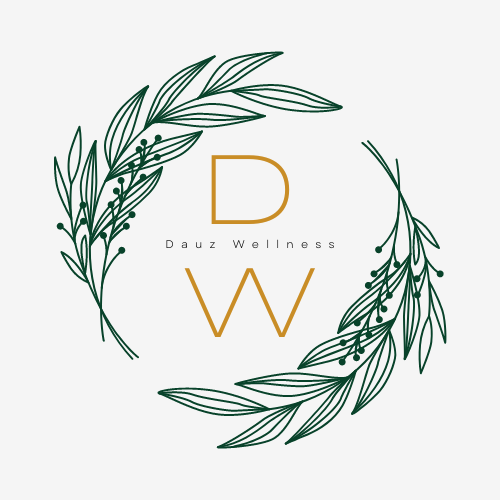What to do after a BFP! (BIG FAT POSTIVE)
Congratulations on your growing family!
What are your next steps?
1. Call your doctor/OBGYN and schedule your first prenatal appointment.
This typically happens at week 8 (8 weeks after your last period). During this appointment you’ll have your first ultrasound! You'll hear baby's heart beat and see you sweet little one.
Mentally prepare as it is a transvaginal ultrasound (probe is inserted through your vagina) and you may have a Pap smear. Baby is still a little seed so it’s the best way to visualize.
Also each appointment they’ll typically have you do a urine sample to check for infection and signs of diabetes.
If you’re looking into a home birth or birth center, contact them for an initial consult so they can work with you to have a first ultrasound and bloodwork needed to be done. Also, to save your spot on their schedule!
3. You’ll have bloodwork to complete
HCG - this is a hormone that tells your provider how baby is growing in the first trimester. Eventually your placenta will take over around week 13.
CBC - checks for anemia and infections
CMP - checks how your kidneys, liver are doing and also mineral levels
lipid panel (cholesterol) & diabetes check (Hemoglobin A1c)
STD screening
option for NIPT (Noninvasive Prenatal Test) is a genetic screening for Down syndrome, Edwards syndrome and Patau syndrome usually done around 10-12 weeks, this will also give you 95% accuracy of the sex of you baby. If you want to keep it a surprise, let your provider know.
3. Start thinking of who you want on you pregnancy & postpartum team.
Naturopathic Doctor - will assist with nutrition to make sure you're getting enough nutrients during pregnancy. Guide you throughout your pregnancy and postpartum. Support you with natural remedies (botanical medicine, homeopathy, supplements, meds, etc), shots or IV vitamin treatments for ailments during pregnancy. They can also monitor and assist with thyroid conditions, heart health, gestational diabetes, high blood pressure, and more.
Acupuncturist - helpful for muscle aches and pain. Also helps with ailments during pregnancy and can help baby from being breech.
Doula - helpful to prepare for birth, during birth and postpartum to help with breastfeeding and housework. Each doula is different, let them know what your needs are.
Pelvic floor physical therapist - prepare for birth and postpartum by strengthening your pelvic muscles.
Chiropractor - helpful for muscle aches and pains. In your last trimester, can help with keeping baby from being breech. Look for a practitioner that is Webster certified.
Hypnobabies trainer/class - Fearful of birth? Want to be more informed about pregnancy and postpartum? Hypnobabies can help to alleviate any anxiety and stress. https://www.hypnobabies.com
4. Highly recommend watching Spinning Babies "Daily Activities". Helps with body mechanics during pregnancy and also has a yoga class you can do daily. https://www.spinningbabies.com/pregnancy-birth/daily-activities/
5. Look into foods to avoid during pregnancy (here's a starter list)
limit Caffeine (ACOG allows for 200mg/day).
Alcohol
Unpasteurized juice or cold pressed juice
Unpasteurized soft cheese
Unwashed produce
Sprouts (ex. bean sprouts)
Sushi or raw shellfish, fish high in mercury (ex. tuna)
Undercooked and processed meat
5. Drink extra water, to support your increase blood production in your system (this is what's causing the extra peeing through the day). By week 13, you start making amniotic fluid every 3 hours! Your body will need extra water for making extra blood and amniotic fluid.
6. Exercise
Light to medium exercise, such as 1-3 miles of walking, yoga and swimming.
Heavy lifting is not recommended, unless you’ve been lifting for awhile.
7. Sleep. The first trimester, especially the first few weeks are crucial for the growth of you baby. As an embryo, it is making vital organs such as the heart. Growing a baby is tiring, so be gentle with yourself and allow yourself to sleep 8hrs+ per night and take naps when you can.

